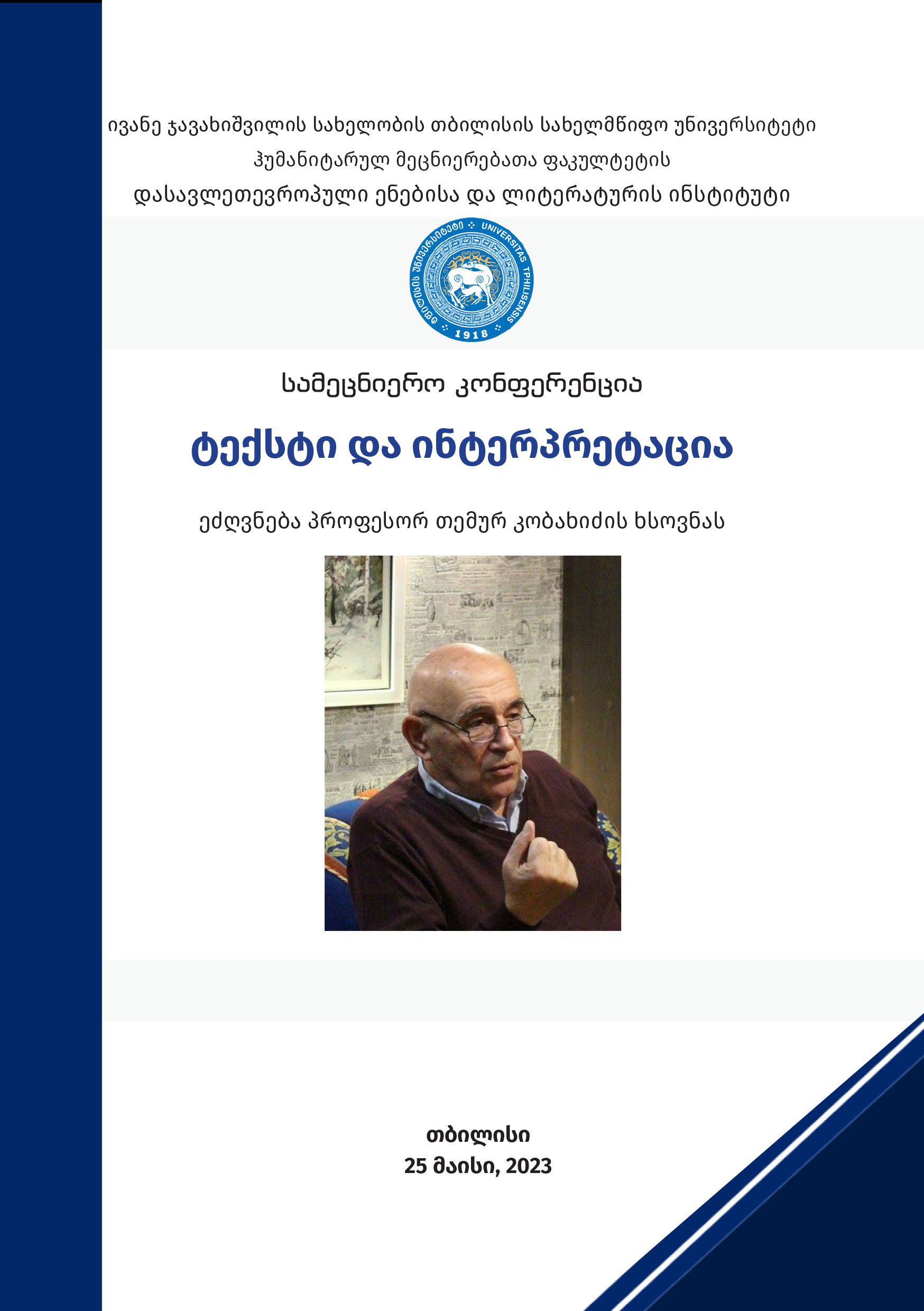American Writer Jumpa Lahiri and Her Literary Triptych
DOI:
https://doi.org/10.55804/jtsu-2960-9461-2023-2Keywords:
migration, alienation, assimilation, identity problem, cultural conflict.Abstract
Unaccustomed Earth, a collection of short stories by Jhumpa Lahiri, an American writer of Indian, or more precisely, Bengali descent, was released in 2008 and immediately became a number one New York Times bestseller. Interpreter of Maladies, her debut collection of short stories published ten years earlier, won the 1999 Pulitzer Prize. Her novel The Namesake, published in 2003, increased her popularity; this was facilitated by the 2006 film based on the novel. Jhumpa Lahiri currently lives in Italy. The American authors’ yearning for Italy is by no means unusual and Jhumpa Lahiri, like the characters of Henry James novels, plunged headlong into the European environment and a new life. In 2018, the writer published a book entitled Dove Mi Trovo; it is written in Italian and is entitled Whereabouts in the author’s own English translation. Later, she wrote a collection of essays, Translating Myself and Others (2022), based on her experience translating Italian authors into English.
The setting of Jhumpa Lahiri’s stories and novels (America, India, Italy, Thailand) is as diverse as the topics she deals with – arranged marriages and family problems, alienation, loss and the search for cultural roots, difficulties emerging between generations of immigrants and the peculiarities of assimilation. All these problems are not alien to her personally, as a second-generation immigrant, and thus their artistic portrayal becomes even more convincing, and valuable.
Jhumpa Lahiri’s trilogy Hema and Kaushik stands out from the other stories in the collection of Unaccustomed Earth. This is also demonstrated by the author dividing the stories into a separate, second part. An observant reader will notice that all three have common characters – Hema and Kaushik. The main reason for considering the short stories as a trilogy lies in the fact that it is only possible to perceive their narrative and artistic depths when they are taken together. Although these stories by Jhumpa Lahiri also deal with the traditional theme of emigration and the difficulties and traumas associated with it, the main focus of the Hema and Kaushik trilogy is the heterogeneity and hybridity of the immigrant identity, alienation, and finding one’s place in this world in general, and not just in a new environment. The reader follows the life of a boy and a girl who meet by chance in Massachusetts one winter. Their paths are full of pain, love, anticipation and fear of death. This series is far from purely immigrant literature. It touches upon universal concepts.
Although academic sources and popular periodicals refer to Jhumpa Lahiri as an Indian American or South Asian writer, she does not consider herself an Indian writer and the epigraph chosen for Unaccustomed Earth emphasizes her close ties to American literary traditions. With the quote from Nathaniel Hawthorne’s The Custom House, on the one hand she emphasizes her commitment to the American literary tradition and on the other, with the spirit of this collection and with her personal experience, she enters into a polemic with the opinion expressed in the epigraph.

